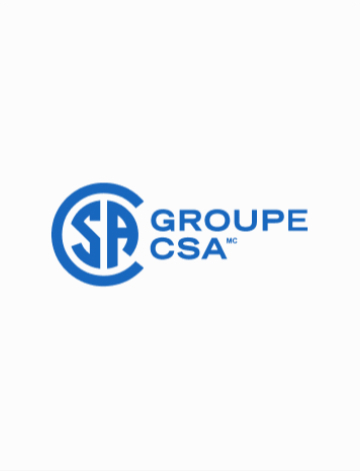Preface
This is the first edition of ASME A112.6.9/CSA B79.9, Siphonic roof drains. It supersedes CSA B79, Commercial and residential drains and cleanouts, published in 2008, and the ASME A112.6.9, Siphonic roof drains Standards.
This Standard was prepared by the ASME/CSA Harmonization Task Group on Drains, under the jurisdiction of the ASME A112 Standards Committee on Plumbing Materials and Equipment and the CSA Technical Committee on Drains and Interceptors. The ASME A112 Standards Committee operates under the jurisdiction of the ASME Board on Standardization and Testing and the CSA Technical Committee operates under the jurisdiction of the CSA Strategic Steering Committee on Construction and Civil Infrastructure.
This Standard is considered suitable for use for conformity assessment within the stated scope of the Standard.
This Standard was approved as an American National Standard by the American National Standards Institute on May 9, 2022.
This Standard has been developed in compliance with Standards Council of Canada requirements for National Standards of Canada. It has been published as a National Standard of Canada by CSA Group.
Scope
1.1 Inclusions
This Standard specifies minimum requirements for the design, installation, examination, and testing of siphonic roof drains. It includes definitions of terms and parameters involved in the design of siphonic drainage systems.
This Standard applies to roof drains designed and manufactured for installation in piping systems that are intended to operate under depressurized siphonic conditions created by the connected piping system.
1.2 Exclusions
1.2.1 Applicability of roof drain standards
Unless noted otherwise in this Standard, the requirements and standards for roof drains specified in ASME A112.6.4/CSA B79.4 do not apply to siphonic roof drains.
1.2.2 Conventional roof drains
This Standard does not apply to conventional roof drains covered under ASME A112.6.4/CSA B79.4.
1.3 Intent of this Standard
It is not the intent of this Standard to specify that a drain of a given diameter must drain a minimum or maximum amount of water. It is the intent of this Standard to provide standardized procedures to ensure that drain products are evaluated equally.
This Standard does not dictate minimum flow or depth performance criteria for siphonic roof drains. Instead, it specifies standard test procedures to be performed on siphonic roof drain products to document their actual performance and physical limits. The Standard is a measurement protocol and does not have a pass/fail criterion; the data is intended to be used by designers for selecting the drain product and entering performance characteristics into design calculations.
1.4 Terminology
In this Standard, shall is used to express a requirement, i.e., a provision that the user is obliged to satisfy in order to comply with the standard; should is used to express a recommendation or that which is advised but not required; and may is used to express an option or that which is permissible within the limits of the Standard.
Notes accompanying clauses do not include requirements or alternative requirements; the purpose of a note accompanying a clause is to separate from the text explanatory or informative material.
Notes to tables and figures are considered part of the table or figure and may be written as requirements.
Annexes are designated normative (mandatory) or informative (non-mandatory) to define their application.
1.5 Units of measure
1.5.1 General
The values given in either SI (metric) or U.S. Customary units of measure are equivalent in application; however, each measurement system is to be used independently of the other. In this Standard, U.S. Customary units are shown in parentheses. Combining values from the two measurement systems can result in non-conformance with this Standard.
1.5.2 U.S. gallons
All references to gallons are to U.S. liquid gallons.
1.6 Alternatives
The requirements of this Standard are not intended to prevent the use of alternative designs, materials, or methods of construction, provided such alternatives meet the intent and requirements of this Standard.

